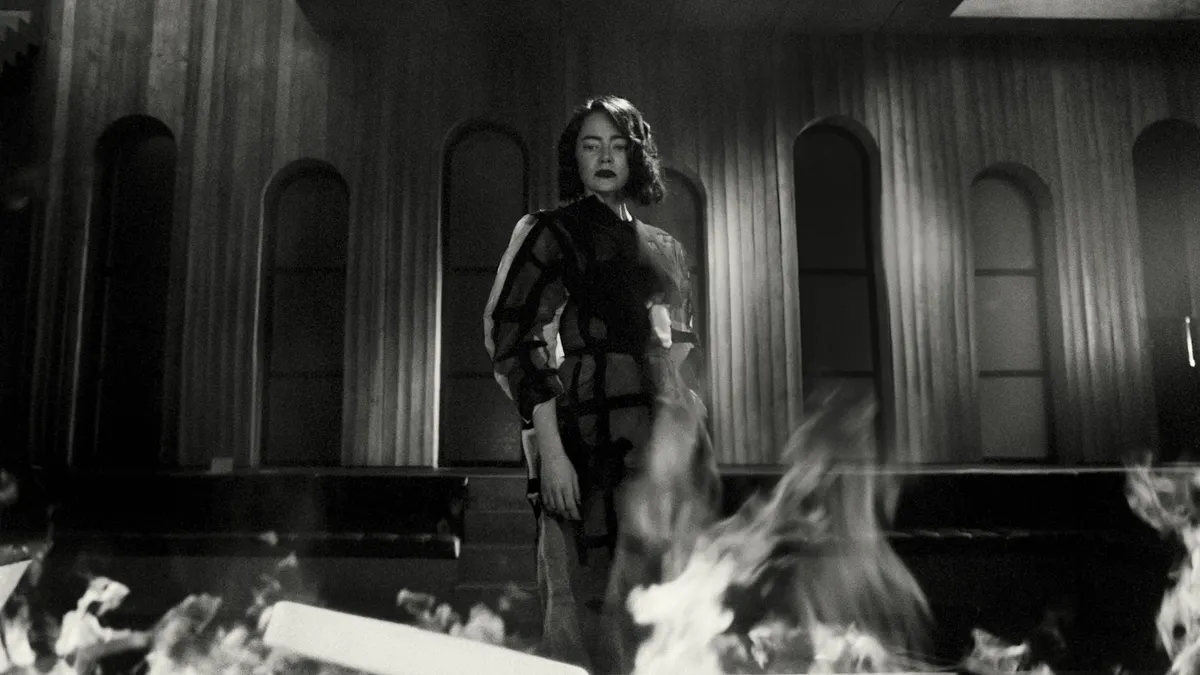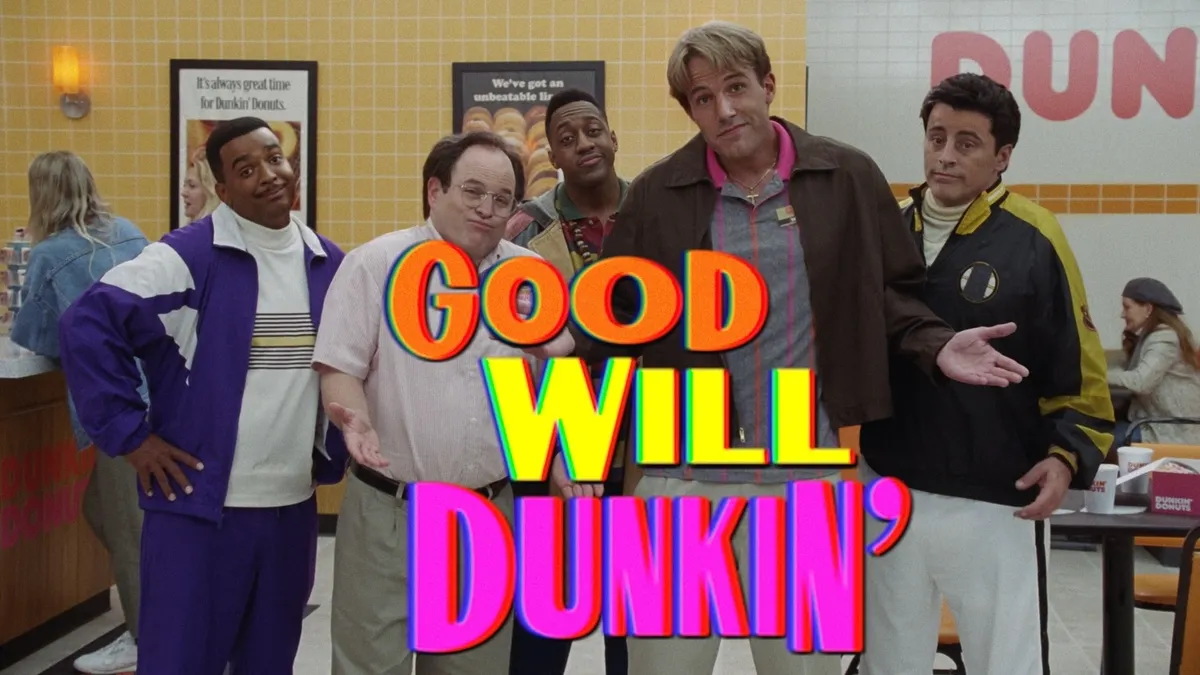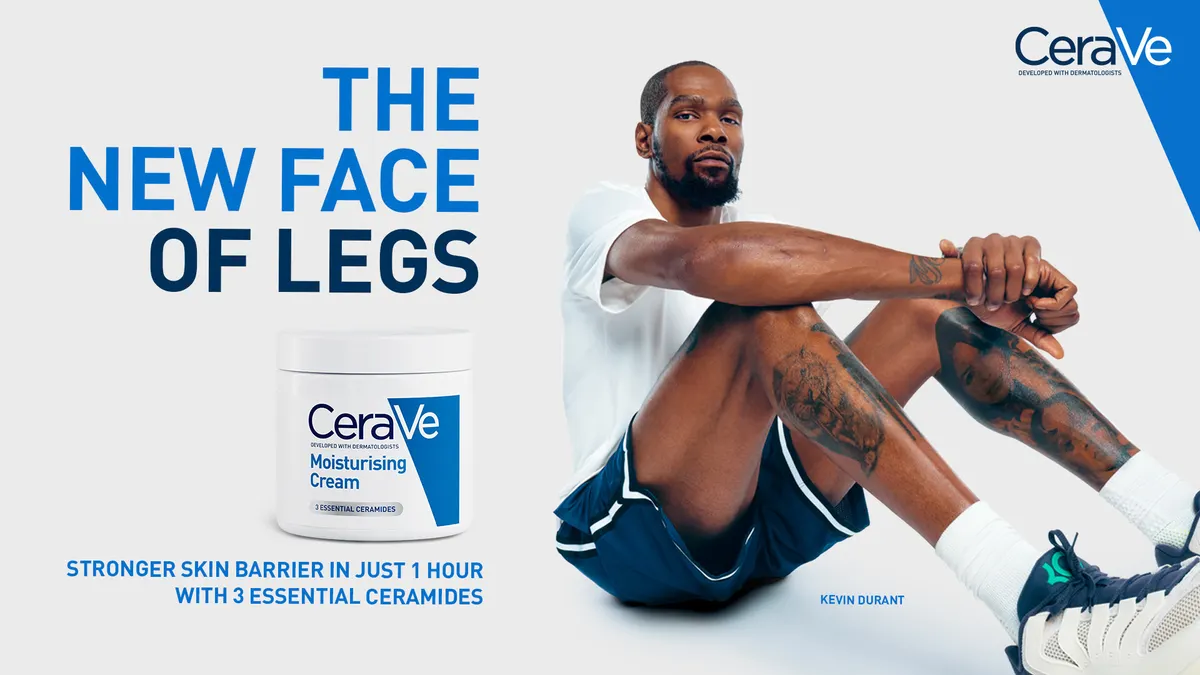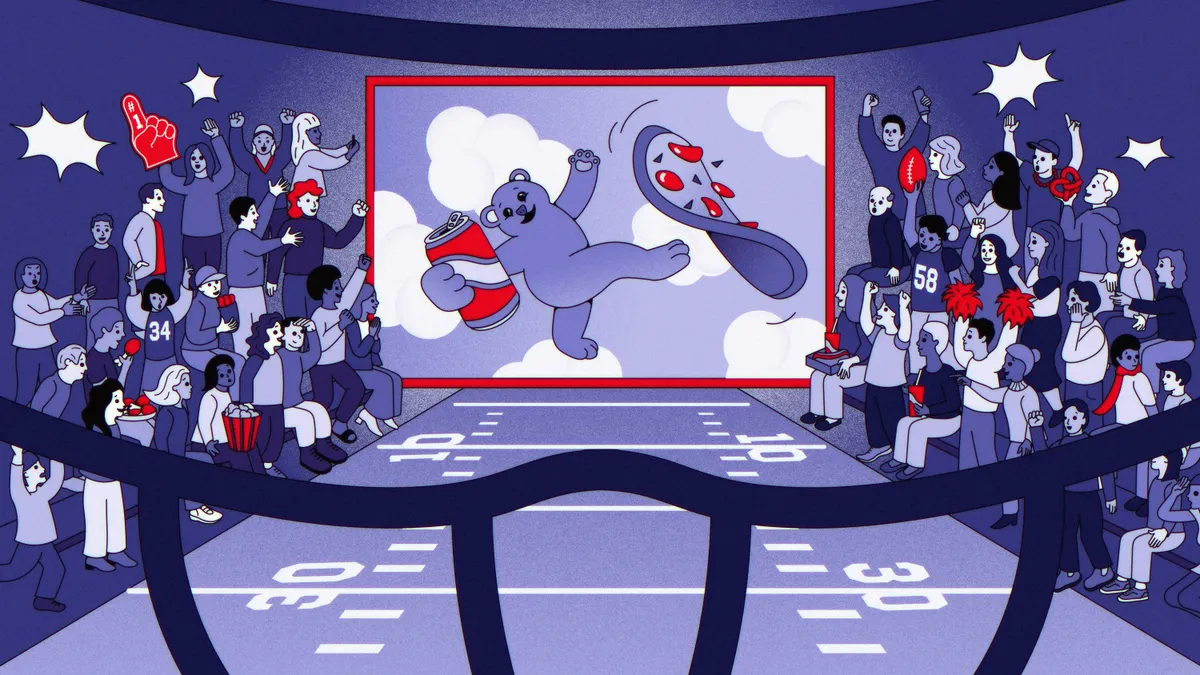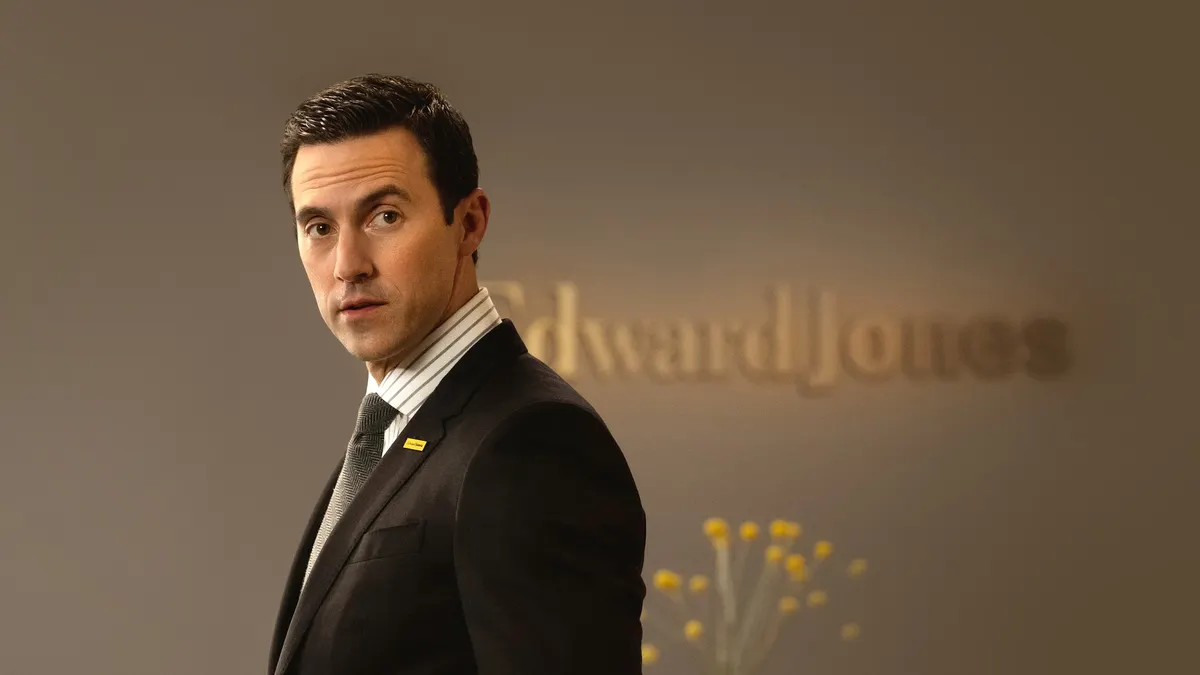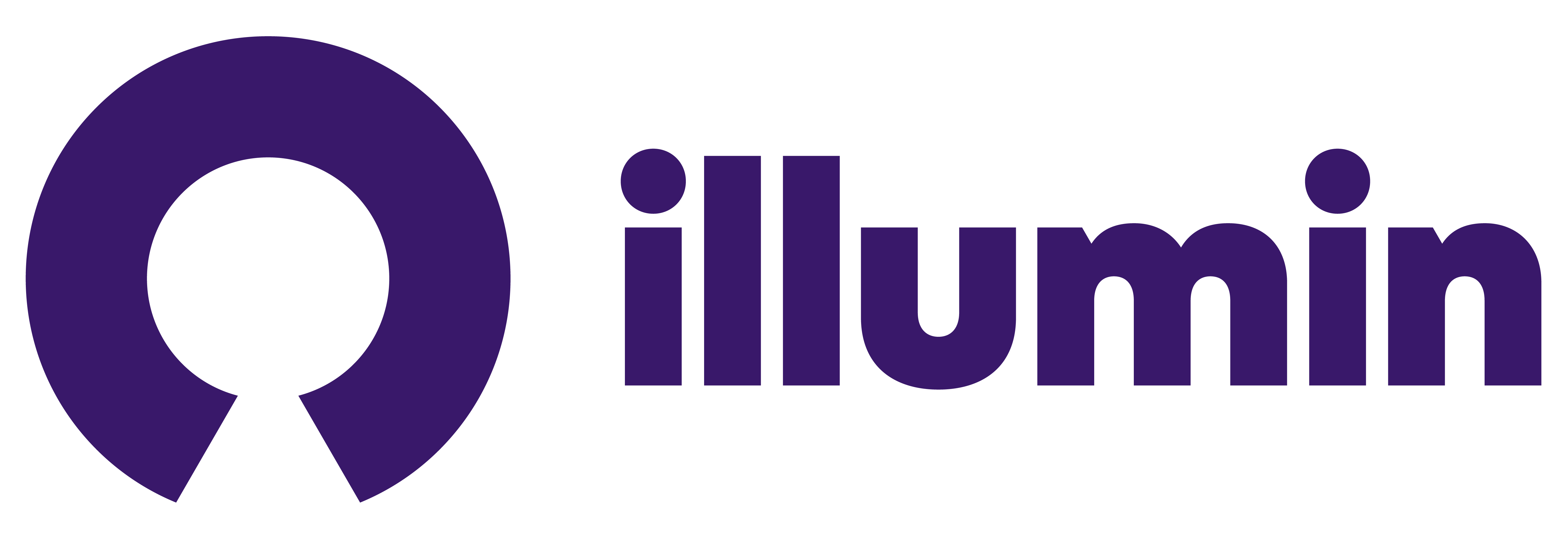With the cancellation of most major events earlier this year, the return of live sports — albeit with some of the "live" parts absent — was supposed to be a lifeline for marketers. Recent weeks have shown that sports, historically one of the safer media bets, are anything but free from current tumult, whether related to the novel coronavirus or rising protests around social justice.
"I think it's a gut punch for the industry that is trying to find its way back," John Rowady, president and founder of sports marketing agency rEvolution, said of the unrest rattling the sector.
Taken together, the dual forces of the pandemic and social upheaval might reshape what sports marketing looks like moving forward, both in terms of its advertiser base and how those companies execute their strategies. From truncated media planning schedules to a newfound need to message around purpose, the category appears due for a major shakeup. A big litmus test will be professional football, the crown jewel of the space.
As the NFL preps for season kickoff Thursday, the shadow of further disruptions looms large and could imperil the billions of dollars in ad revenue generated by the league. At the collegiate level, the Big 10 and Pac-12 football conferences already axed their seasons in August, as the pandemic — poorly managed in the U.S. — continued to pose major health risks to athletes and staff. Estimates suggest well north of $1 billion in TV ad revenue is at peril with the conferences dropping out. At the same time, athletes are growing bolder in speaking out about social justice. Games were canceled late last month across several leagues, spurred by a players' strike in the NBA over the police shooting of Jacob Blake, a Black man, in Kenosha, Wisconsin.
The NFL will almost certainly have to contend with obstacles related to both the pandemic and outcry over issues like racism, the latter of which has proved a major battleground for the organization in the past. Further politicization of football and other professional sports might alienate some viewers and advertisers, resulting in a realignment of marketing investments as some brands seek out less contentious venues while bolder ones move in on a new opportunity.
"With all the other pain that audiences are going through in their daily lives, they come to sports to escape," Rowady said. "It's not the same [this year], and that's usually where advertisers and sponsors will come in to say, wait a minute, what are we getting for the amount of money we're putting into this?"
Pushing for leverage
A mass exodus of sports marketers has yet to occur, experts said, and regular NFL sponsors, including Pepsi, Lowe's and Anheuser Busch InBev, have already launched campaigns ahead of season kickoff. Continued advertiser interest is reflected in dollars flowing toward the other leagues as well. A pool of more than 500 advertisers collectively spent almost $100 million around TV broadcasts from the NBA, MLB and NHL as live sports started to pick up again earlier this summer, according to an analysis by MediaRadar published in late August, before the player boycotts in response to the Blake shooting.
"I would liken it to having an office lease. You can't get employees to the office, and you're like, 'why am I paying this?'"

John Rowady
President and Founder, rEvolution
Still, the situation remains precarious, particularly as companies contend with outside economic pressures. Marketing is often one of the first departments cut in a downturn, and the pandemic has shown that resource-strapped brands have been slashing media spend, including for high-dollar national TV campaigns.
"They're already shy to spend money right now," Rowady said. "Conservative, big companies are going through their own economic and financial issues."
One reason there may be fewer brands abandoning ship near-term is due to sponsorship contracts that can span multiple years and be difficult to break. While marketers might not be dropping sports from their strategy cold turkey, companies could be more aggressively re-negotiating terms of their advertising deals to better suit a particularly volatile environment.
"I would liken it to having an office lease," Rowady said, referencing another hot topic during the health crisis. "You can't get employees to the office, and you're like, 'why am I paying this?'"
A report in The Wall Street Journal last week outlined how some football advertisers, including PepsiCo's Frito-Lay division, Verizon and Chipotle, are indeed pushing for more wiggle room and the promise of benefits like walkbacks in the case that games are canceled at the last minute.
Chipotle, a client of rEvolution, is not an official sponsor of leagues like the NFL or NBA, but has frequently inserted itself into the sports conversation through unconventional means. It's an approach that could be advantageous given the broader uncertainty of the moment.
"Certain clients around the edge of [sports marketing] are more aggressive during these times," Rowady said. "They wield the stick of flexibility and they want speed of culture."
On the other hand, marketers that are locked in to longer-term agreements could gain greater leverage than in the past, especially since TV networks and other platforms are facing an existential threat with the acceleration of streaming adoption in recent months — a trend that is unlikely to reverse.
"It's definitely become, at least in the short term, much more of a buyer's market," Joe Zajac, senior vice president of brand marketing at Excel Sports Management, said. "We are absolutely seeing a lot more flexibility from the properties and also I think a lot more intentionality on the front end in terms of the contract points."
Given the need to be reactive, marketers are also contending with a steep learning curve. Media strategies around sports now need to be able to account for last-minute changes spurred by either the health crisis or player actions.
"We're seeing planning cycles really cutting in half," Stephanie Geno, senior vice president of marketing at the ad-tech firm Innovid, said. "That really causes disruptions when you think about the way that traditional media buying or traditional TV media is purchased historically."
Area of opportunity
Athletes have long used their platforms to speak out about civil rights, but the boycotts earlier this summer represent a form of collective action that can upturn schedules on a dime.
"This is a great opportunity to distinguish yourself and put some distance between yourself and your competitors."

Joe Zajac
SVP of Brand Marketing, Excel Sports Management
Several NFL teams, including the Chicago Bears, New York Jets, Green Bay Packers and Indianapolis Colts, canceled practice following the Blake shooting, a potential sign that games could also see walkouts if unrest flares back up again.
"Sports as a platform is front and center as the key distributor of messaging related to cultural issues, change, social justice and inclusion," Rowady said. "It's moved rapidly into the mainstream."
Some marketers that have already staked out a position in the cause-driven space, like Nike, could use the moment to advance their message. Others might not be prepared for the volatility of such developments, or the sensitivity required in advertising around them.
"The athletic brands are always going to invest in live sports. It's their audience [and] those are also the brands that, to date, have been the most vocal in terms of coming out in support and having a message," Geno said. “In other instances, you might have some brands that play it a little bit safer."
Looking forward, the makeup of sports marketers does have the potential to change more significantly. The NBA could serve as bellwether for what the fresh crop of sports marketers looks like, per Zajac.
"There is an opportunity here as much as there are some restrictions," Zajac said. "This is a great opportunity to distinguish yourself and put some distance between yourself and your competitors."
Zajac pointed to DoorDash's new basketball tie-ups as an example of changing times. In August, DoorDash signed a multiyear agreement to serve as the official food delivery platform for the NBA, WNBA, NBA 2K League and esports division the G-League.
Delivery services have climbed in popularity as more people order food in during the pandemic, but DoorDash used the rollout of its partnership to promote Black-owned restaurants, representing how companies in the fledgling category can make their marketing both timely and relevant to their core business. Similarly, Postmates this week became the NFL's first official food delivery platform, introducing the team-up with an effort to bring meals to frontline workers.
"The new generation of buyers, whether it's at a luxury level or mainstream level, they really want to see sponsors and advertisers doing things for communities and for underprivileged areas," Rowady said.






